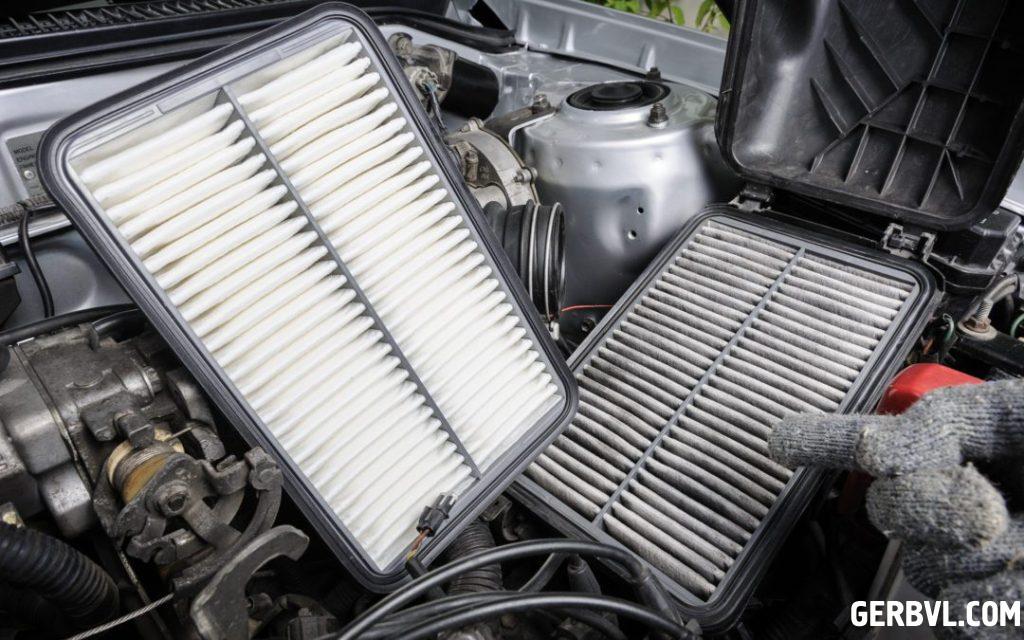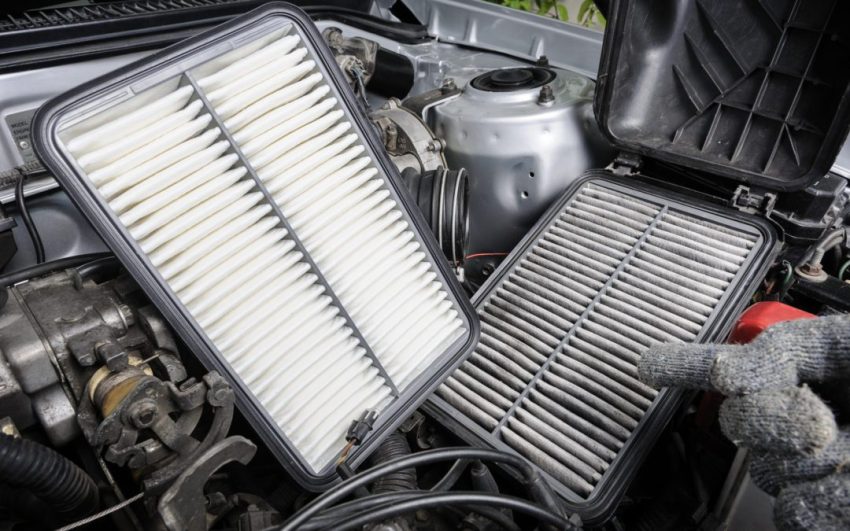Both the air you breathe and the air your engine uses to operate are healthier when they are clean. To remove impurities and particles from the air that an engine pulls in, every engine needs an air filter. In addition, many modern cars employ air filters for the air that passes through the HVAC system. While they may appear very same in some situations, they are not the same.

Most engine air filters range in price from $10 to $80, whereas the parts alone for the majority of cabin air filters cost between $15 and $50. What are the functions of these filters, and what other distinctions exist between an air filter and a cabin filter? This is important for you to know.
Firstly, what distinguishes an engine air filter from a cabin air filter?
The primary resemblance between the engine and cabin air filters is what they are meant to accomplish. Both are intended to shield your car from impurities that might be dangerous that could enter through the air intake system, such as dust, dirt, pollen, and other particles. The primary distinction between these two types of filters is where they are situated within your car: the cabin air filter is often positioned inside the passenger compartment, either behind the glove box or at the side, while the engine air filter is located under the hood toward the front of your automobile.
The size of these two filters is another distinction. Because engine air filters must manage a higher airflow than cabin air filters, they are often bigger. However, because of their intricate design, engine air filters are able to catch particles more efficiently. However, because they have to fit neatly into a limited space in the dash, cabin air filters are often more smaller and simpler in design. Even though they are smaller, cabin air filters are frequently made to remove even tinier particles, such as pollen and other allergens, and their layers frequently include odor-neutralizing carbon.
The ability to clean or replace engine air filters in the engine bay is typically the final remaining distinction. Because of their location—behind the glove box compartment, for example—cabin air filters occasionally need to be professionally replaced.
AIR FILTERS: HOW OFTEN SHOULD THEY BE REPLACED?
Replace engine air filters generally once a year, or after 15,000 miles, according to standard recommendations. By doing this, you can make sure that your car’s engine is getting enough clean air to run smoothly and avoid performance issues caused by limited airflow. Additionally, it’s critical to routinely check the filter and replace it if it looks to be unclean or broken.
Cabin air filters often require fewer frequent replacements, however this is contingent upon driving circumstances and temperature. They filter out any impurities, unpleasant scents, or odors, assisting in keeping the passenger compartment free of pollutants. Even though there isn’t a set mileage restriction on these filters, you should still examine them frequently to determine when they should be replaced. Additionally, the maintenance plan for many automakers includes a replacement period of around every two years.
The consequences of using a cabin or dirty air filter
Even if an air filter is getting dusty, it will still function correctly. However, it becomes more constrained and symptoms may show up if it becomes really unclean.
Indices of an unclean engine air filter consist of:
Decreased fuel efficiency. More fuel is required to make up for the restricted airflow and decreased oxygen delivery to the engine caused by a filthy filter.
Decreased acceleration and power. The combustion process will be hampered by less airflow entering the engine, therefore you won’t obtain the same level of power and performance.
Making popping sounds or staggers. A misfire may occur if the engine struggles to function due to a severely blocked air filter.
Verify that the engine light is on. When an engine isn’t running as it should, it will ultimately produce fault codes due to air starvation.
On the other hand, signs of a filthy cabin air filter might be:
Inadequate heating and air conditioning. A clogged filter is the cause of the noticeably reduced airflow via the vents; as a result, the desired temperature of hot or cold air cannot enter as readily.
An unpleasant stench. Repelled scents may escape via the vents and germs or mildew may find a home when contaminants are caught in the filter.
Decreased ability to thaw. Poor ventilation can make it difficult to keep your windows dry, much like poor heater effectiveness.
Sounds of fans. There might be material from a packed cabin air filter lodged in the blower motor.
Of course, a lot of dirt, leaves, bugs, and other debris in the pleats of the filter would indicate that it needs to be replaced, whether it is the engine air filter or the cabin air filter.
